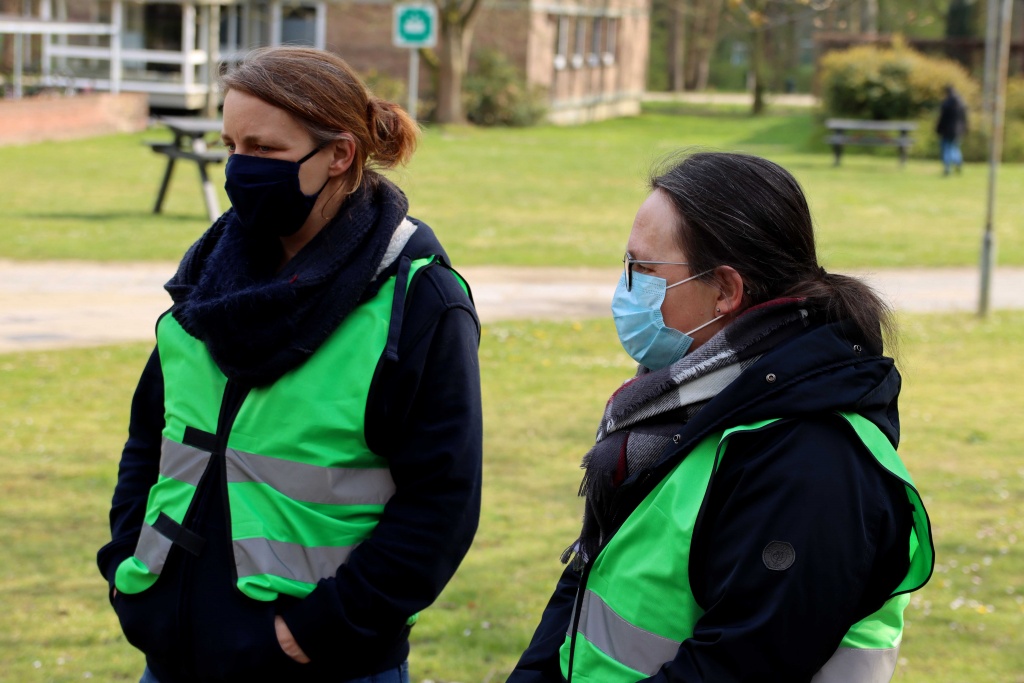
At ZIL we do some serious (eye)catching. Did you know that we have a team of two volunteers, Ilse and An, who are assisted by other volunteers when needed?
Purrrrre Cat ladies
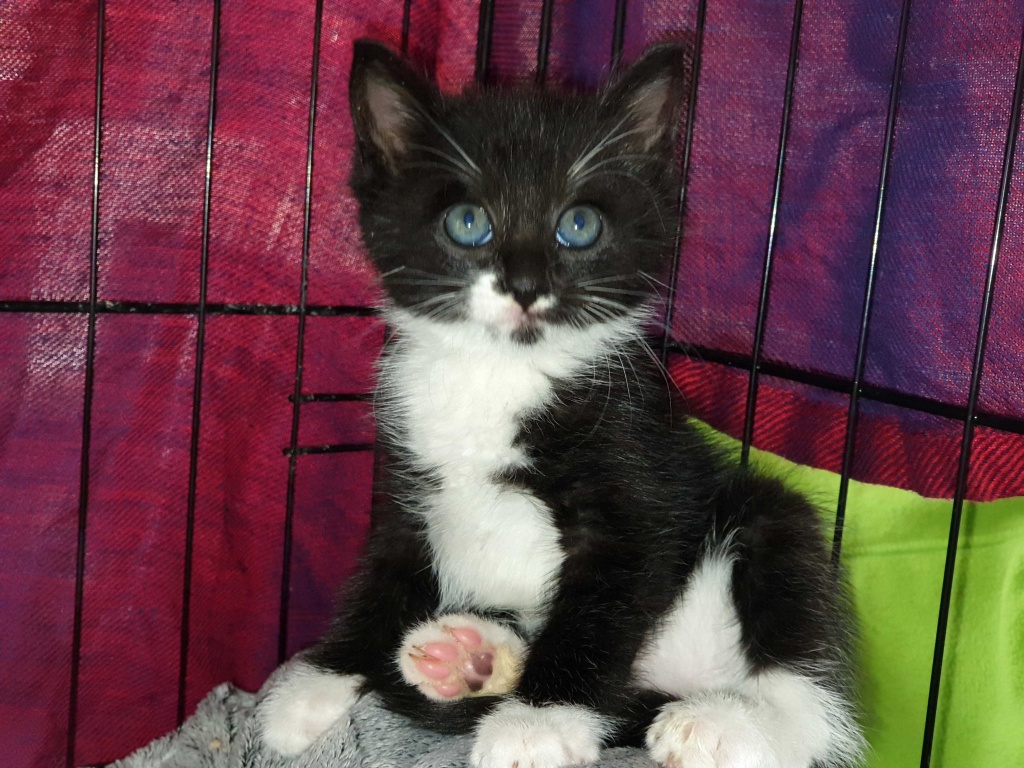
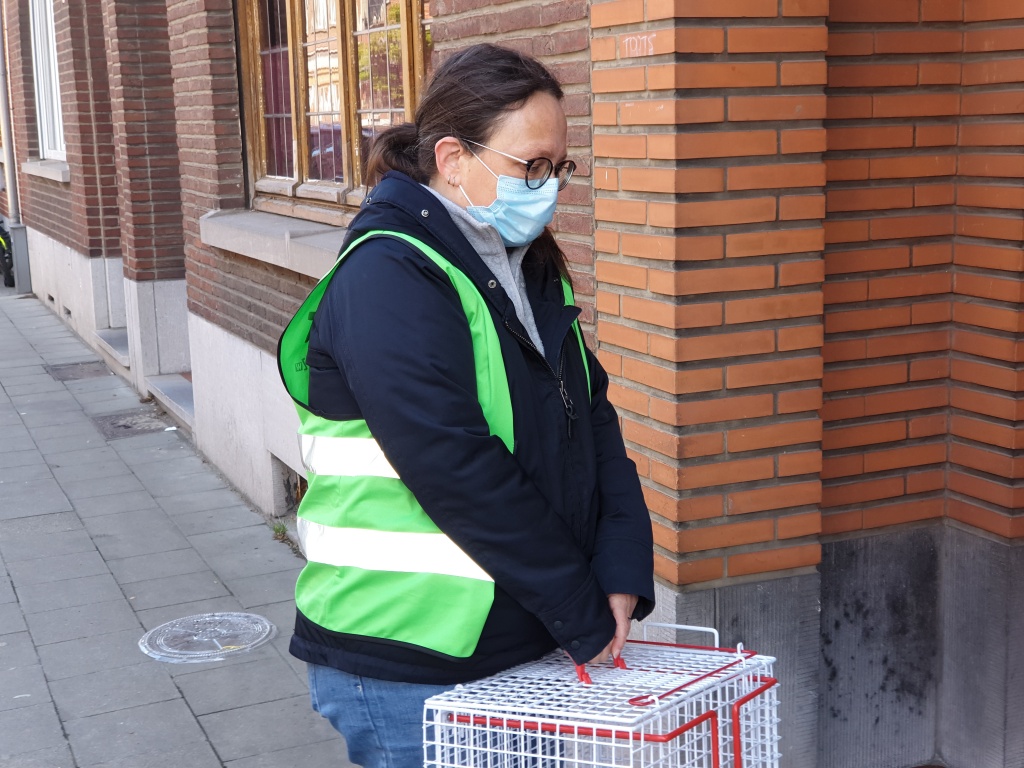
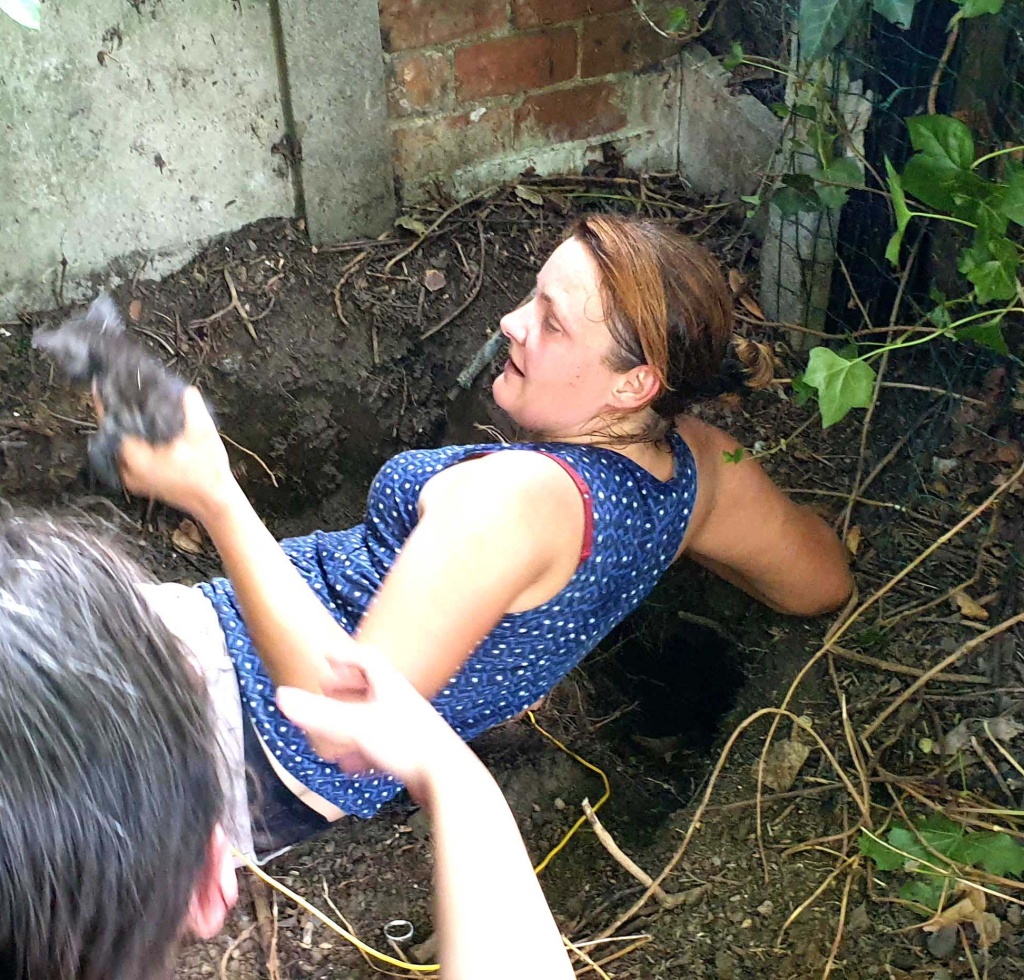
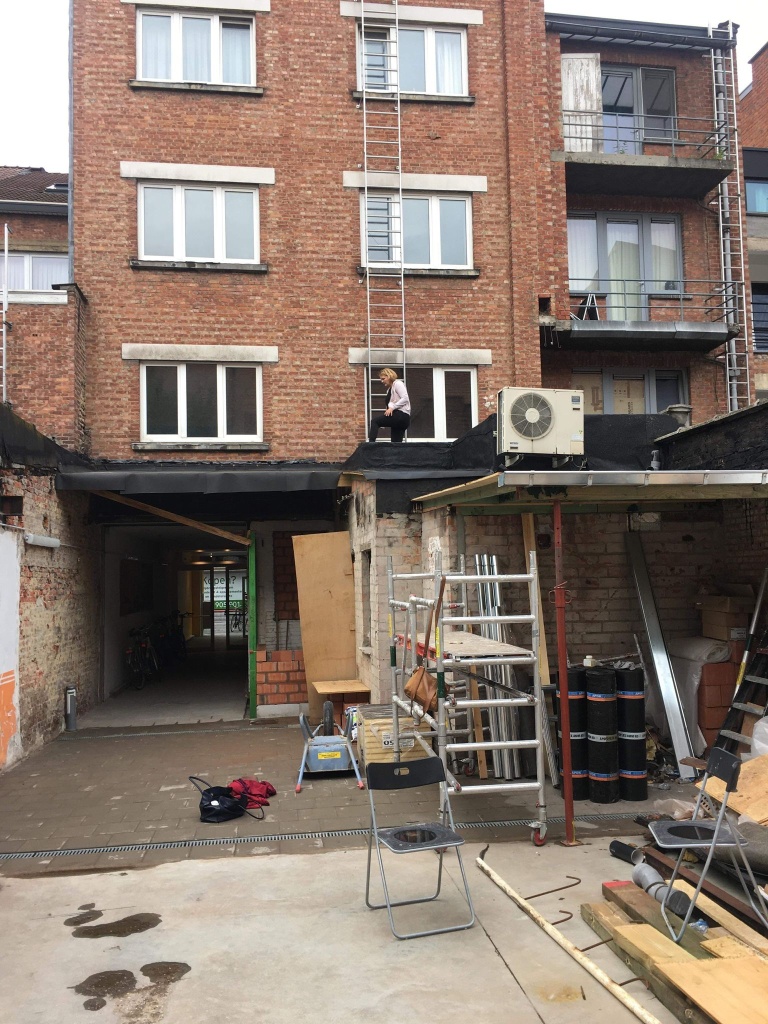
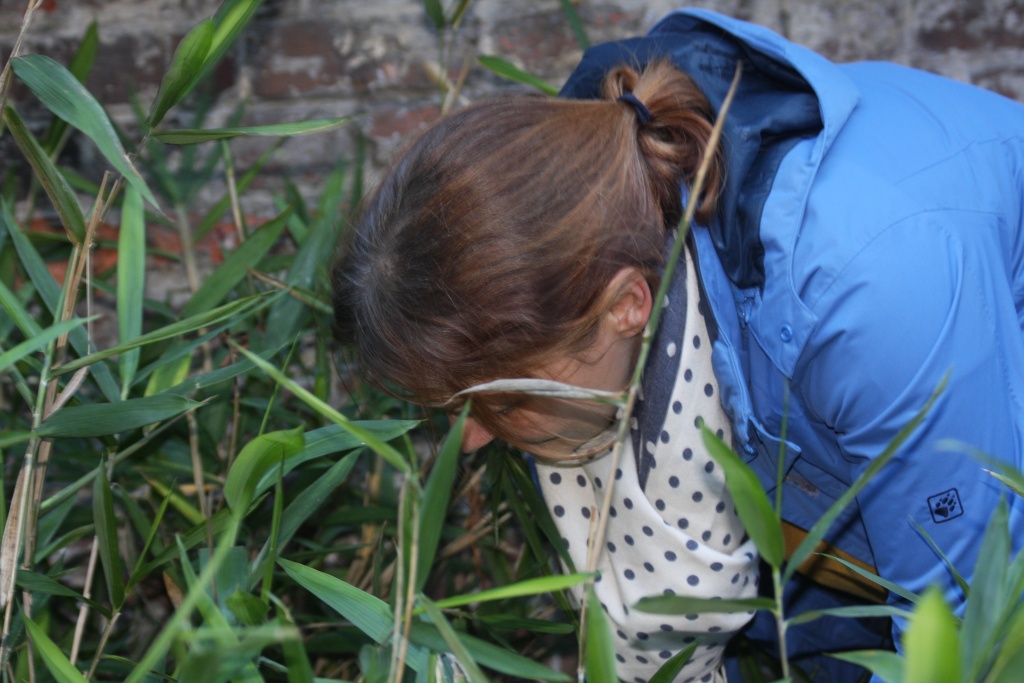
The question you should ask yourself is: is the cat safe or not?
If (s)he is safe and in good health there is no urgency and it is best to report it to us via meldingen@zwerfkatinleuven.be. You include all your contact information and give a good description of the animal in question. Photos are always an added value. If a stray cat looks healthy, it is not an urgency. And then the animal can be picked up later. Also, a tame cat is best first brought to safety, take a picture and report it to us. For a non-urgent report, you can also choose to fill out the report form on the website. We monitor that as well.”
So there are a total of 3 possible ways to reach the ZIL catching team :
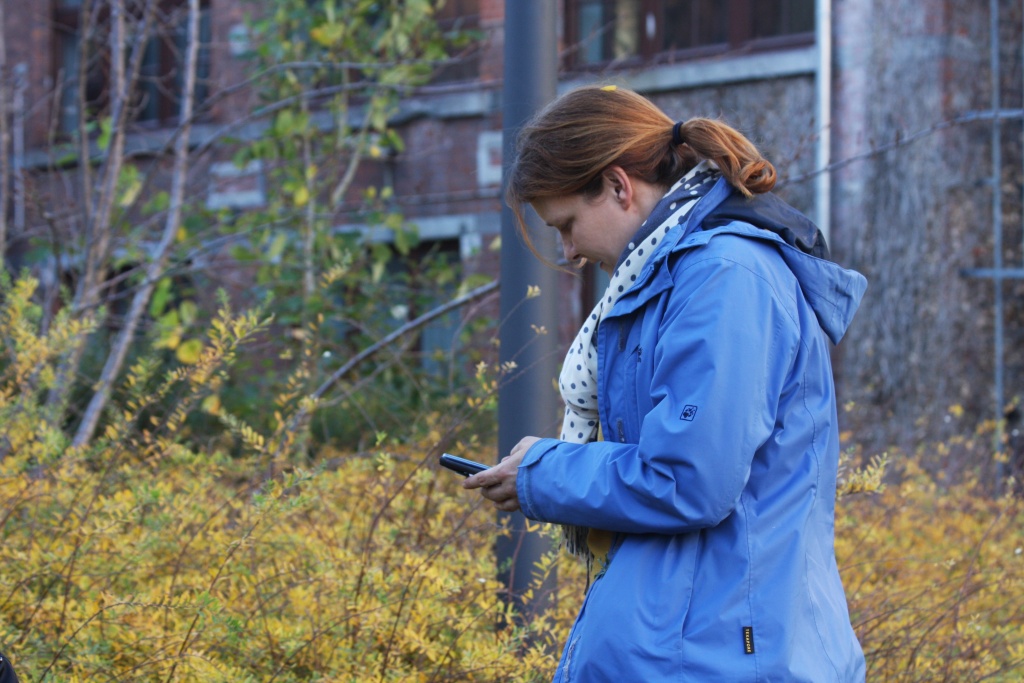
And how does that actually work such a catch action?
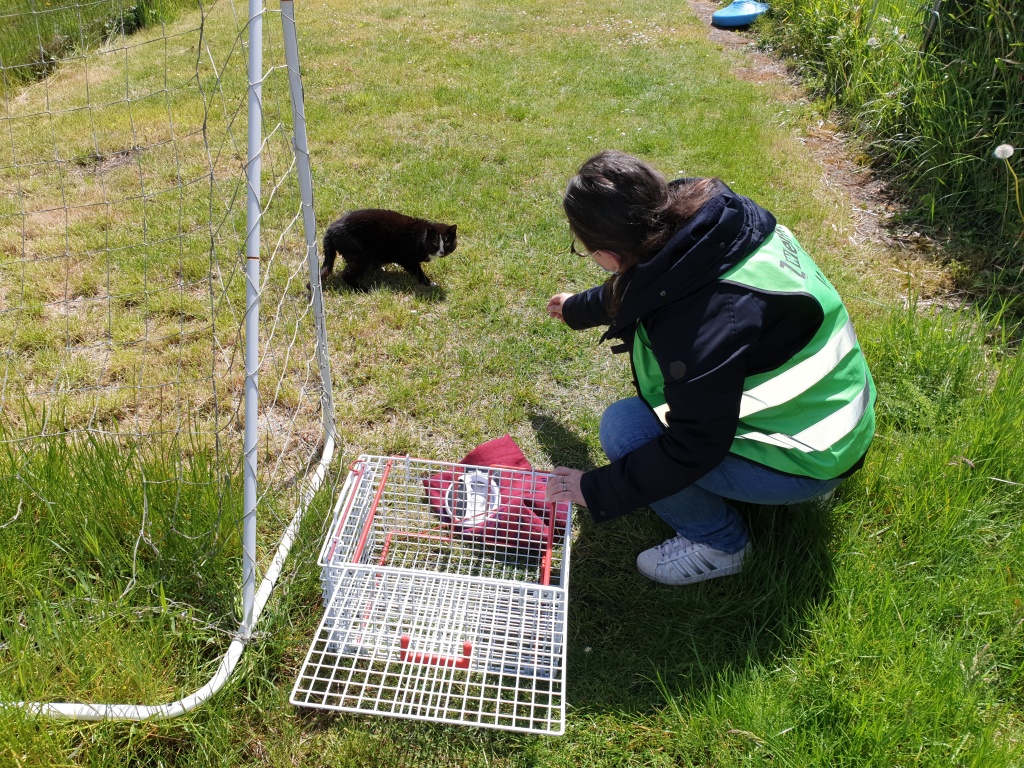
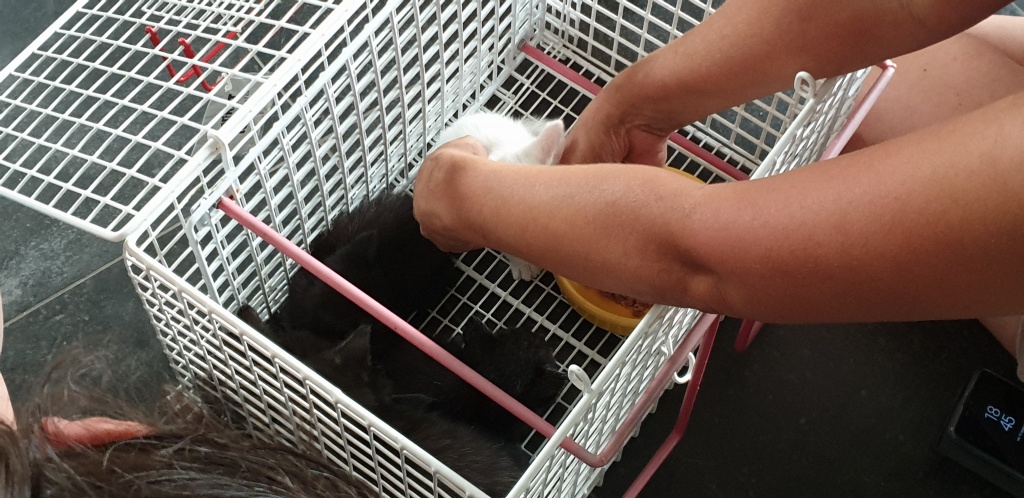
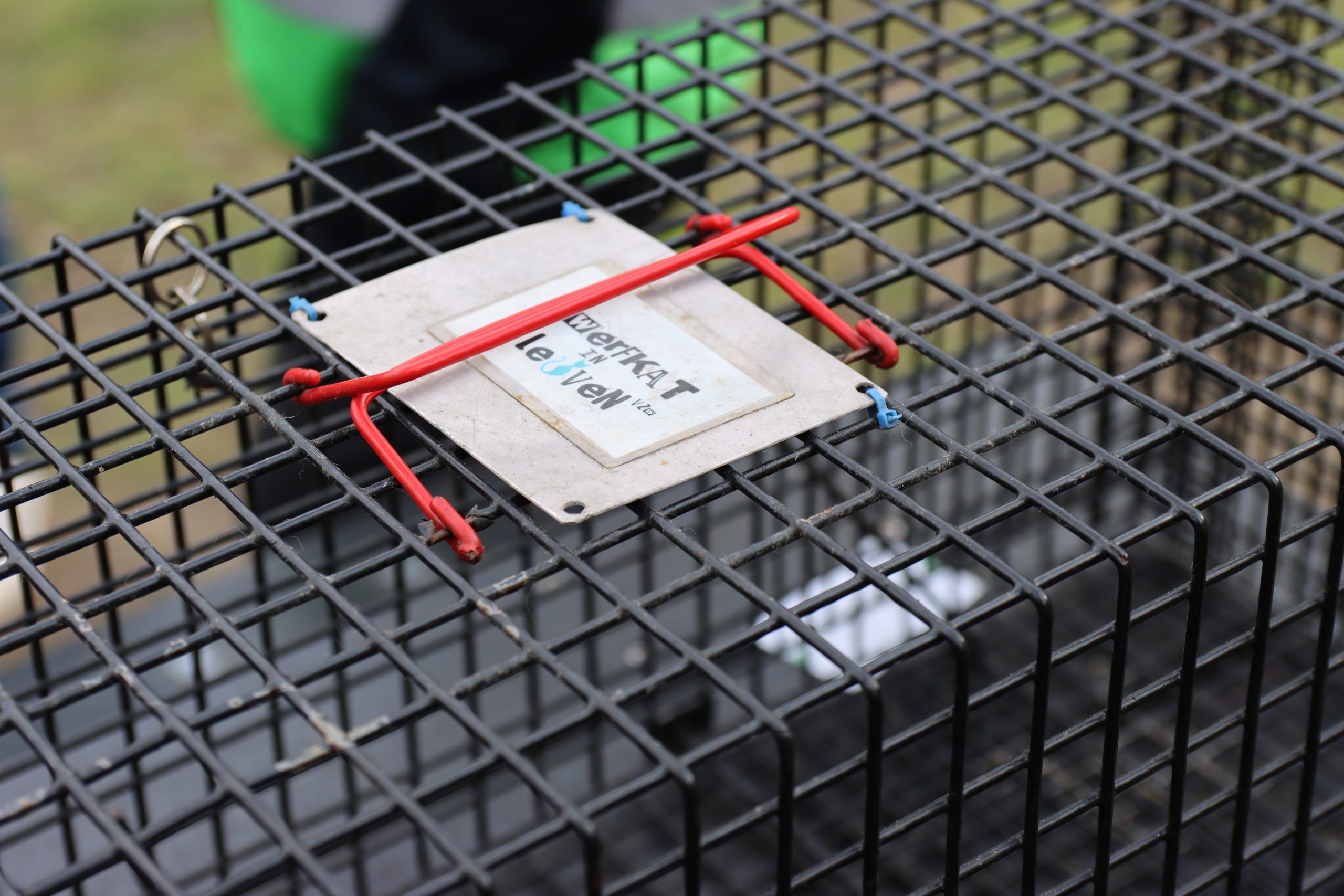
© 2022 Zwerfkat in Leuven
Noodnummer: 0499/75.41.11
KBC: BE 14 7340 4984 6083
Btw: BE 0628.570.886
© 2023 Zwerfkat in Leuven